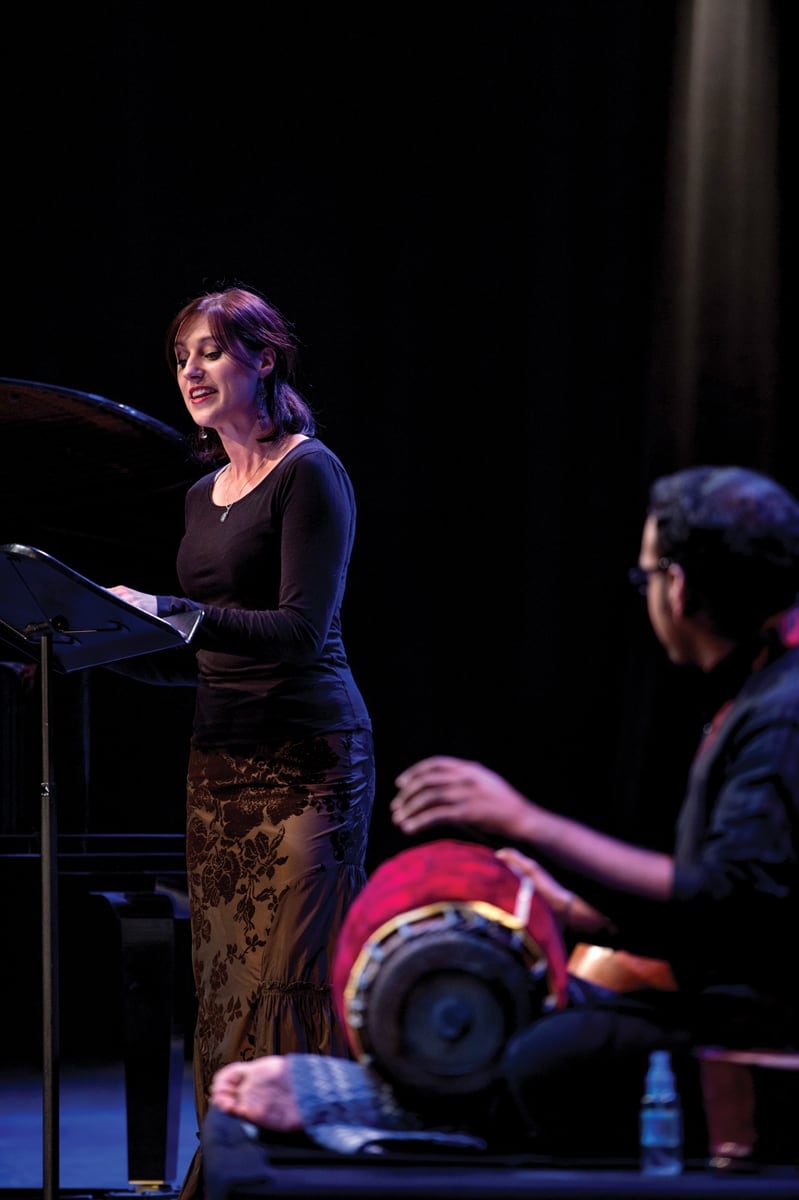We go to opera because it presents a range of dramatic contrasts in striking ways; not that this is unique to it as an art form but it is acutely so. It can both be very elitist and profoundly popular. It can be coarse; it can be refined. Like any art form, it can fail – in particular it can be noisy, pompous or frankly silly – but when it works it is extraordinary, perhaps not in spite of all this but because of it. Whereas church music is to some degree written for God and much other music tends to explore ideas in a quite internal way, opera requires an audience and is crucially dependent upon it.
Opera is at the same time both highly artificial and highly engaged. Operas with preposterous and contrived plots tackle social, political and personal themes in visceral ways. The ridiculous idea of life set to music achieves a double quality of both actuality and psychological truth. It doesn’t necessarily require great musical knowledge to appreciate opera, but a willingness to be moved – though a taste for melodrama helps. The range is extraordinary and it maps a history of the formation of the modern world over more than 400 years through the engagement of its audiences. The long repertoire from Monteverdi to Cage is evergreen and, through performance, contemporary and a mirror to its public and their passions. Mozart explores wayward sexuality. Verdi expounds personal and political liberation. In Wagner we find great mythological themes vivified by the emotional conflicts of individuals. Opera crystallises important moments of experience through music that then become part of our mental landscape.
Charles Robertson.
